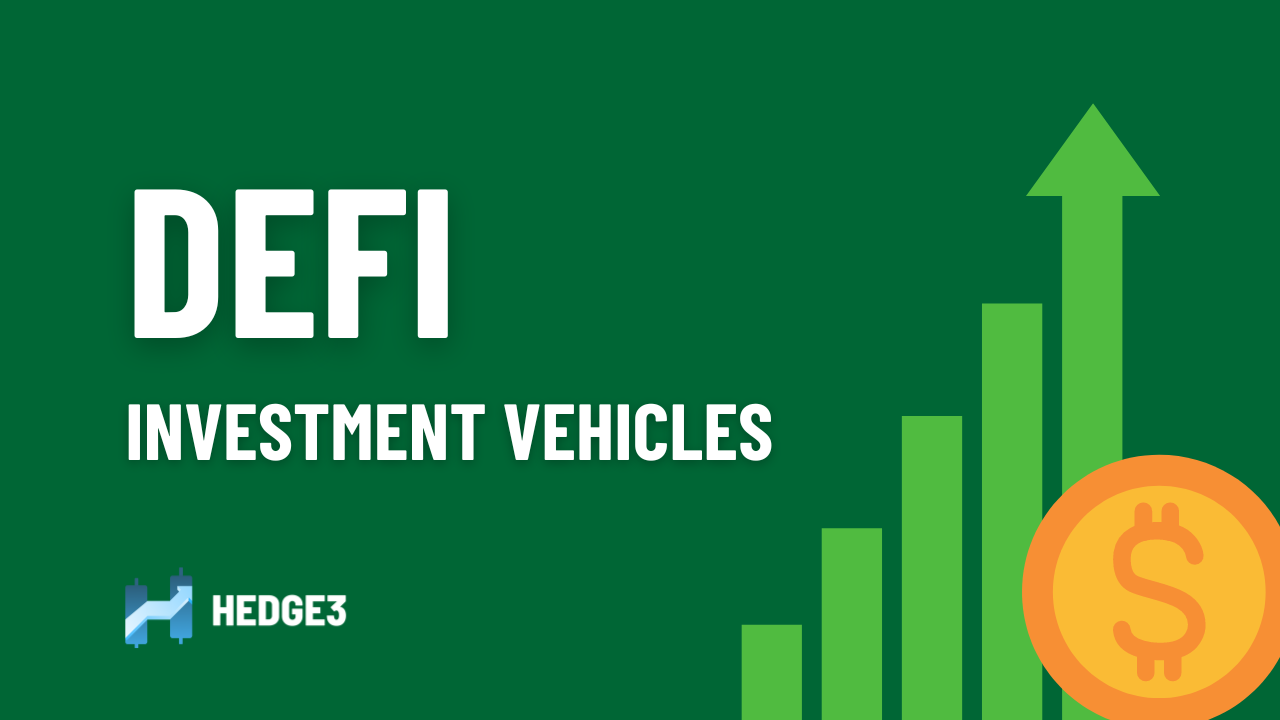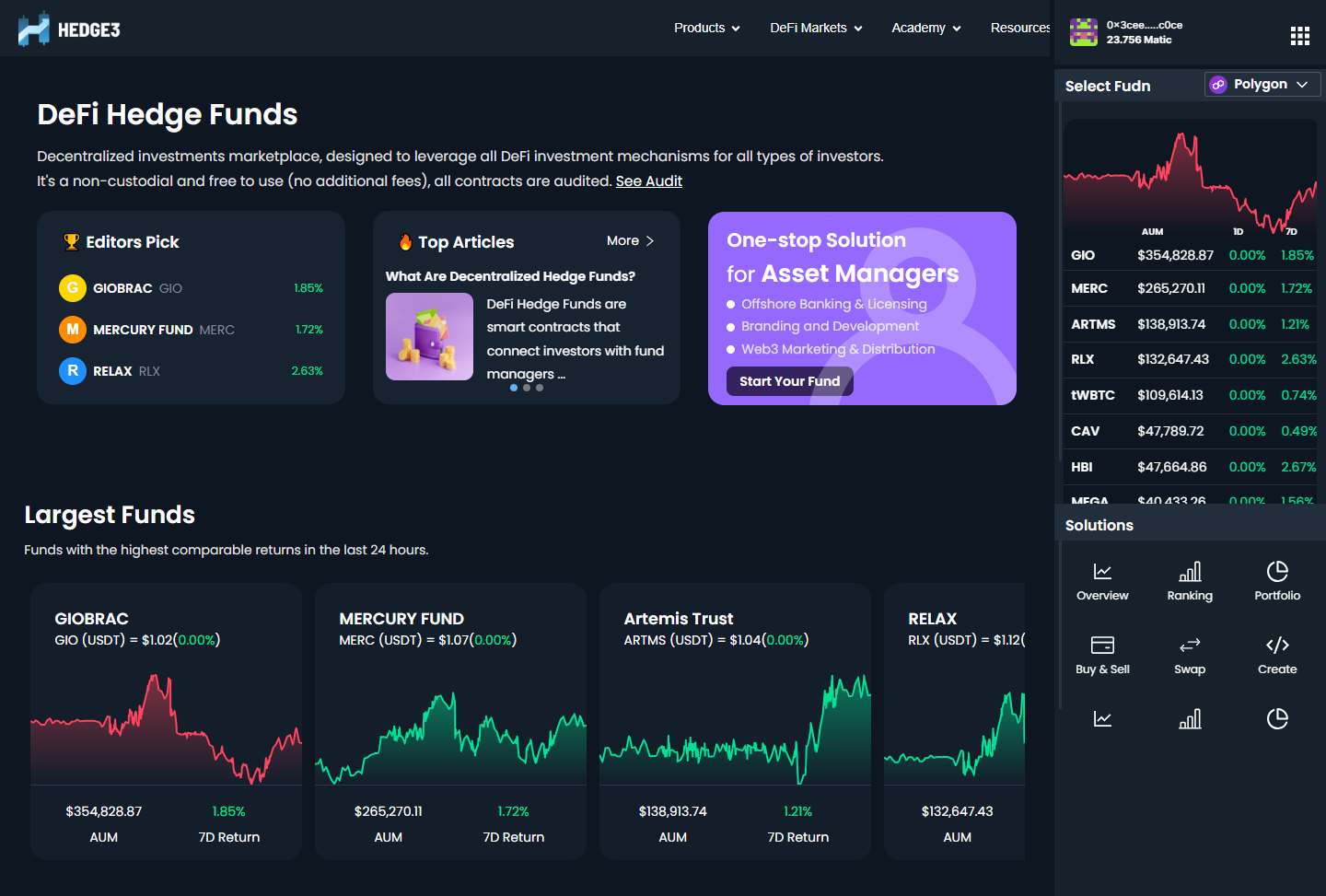The emergence of blockchain technology has sparked conversations around decentralization, transparency, and security. However, one of its less-discussed yet potentially revolutionary applications is its ability to address systemic biases present in various sectors such as finance, healthcare, and governance. In this comprehensive exploration, we will delve into how blockchain can serve as a tool to break biases and level the playing field.
The Bias Quagmire: A Multifaceted Problem
Biases, both conscious and unconscious, are deeply rooted in various systems that govern our lives. These biases manifest in different ways—be it gender discrimination in pay, racial profiling in law enforcement, or unequal access to quality healthcare. Such biases are not only morally unacceptable but also hinder societal progress. However, the opacity and complexity of existing systems often make it difficult to identify, let alone address, these prejudices.
Here, blockchain comes into play. The technology’s decentralized nature, coupled with its ability to bring unparalleled transparency, can go a long way in diagnosing and solving the problem. But how exactly can blockchain achieve this? Let’s explore.
Financial Inclusion: Democratizing Access to Capital
One of the most glaring biases exists in the financial world. Traditional banking systems have long been criticized for their exclusivity, often sidelining marginalized communities. For example, credit scoring models have inherent biases that make it difficult for certain demographics to access loans or even open bank accounts.
Blockchain can disrupt this status quo by creating decentralized financial systems that do not rely on traditional banking gatekeepers. By using smart contracts and decentralized applications, financial products can be customized to serve the underserved, and creditworthiness can be established through alternative means like social reputation, transaction history, or even community vouching. This paradigm shift can essentially democratize access to financial resources, reducing biases substantially.
Healthcare: Transparent and Equal Treatment for All
The healthcare sector is another area where biases can be life-altering. In many instances, data mismanagement and lack of transparency can lead to unequal treatment or misdiagnosis. These issues are further complicated by socioeconomic factors that affect access to quality healthcare.
Blockchain can alleviate these problems by creating tamper-proof, transparent medical records accessible by authorized personnel only. This ensures that medical history is accurately recorded and treatment is administered fairly, regardless of the patient’s background. Blockchain can also enable secure and transparent data sharing among institutions for research purposes, eliminating data silos that often contribute to biased medical research.
Governance and Voting: Making Every Voice Count
In governance, the integrity of electoral processes has often been called into question due to issues like voter suppression, gerrymandering, and more. Such practices disproportionately affect minority communities, creating a governance system that is far from representative.
By using blockchain to create a transparent, secure, and immutable voting system, the possibility of electoral fraud diminishes. Voter identities can be securely and anonymously verified, and the decentralization of the electoral process makes it much harder for any single entity to manipulate outcomes. This fosters an environment where every vote truly counts, moving us closer to a more equitable society.
Conclusion: A Tool, Not a Silver Bullet
While blockchain holds enormous potential for breaking biases in various sectors, it is crucial to remember that technology alone cannot eliminate deep-rooted societal issues. However, it can serve as a powerful tool to create more transparent, equitable, and inclusive systems that discourage the perpetuation of biases. As blockchain technology continues to evolve, its role in breaking the bias will undoubtedly become more significant, shaping a future that values fairness and inclusivity above all else.


